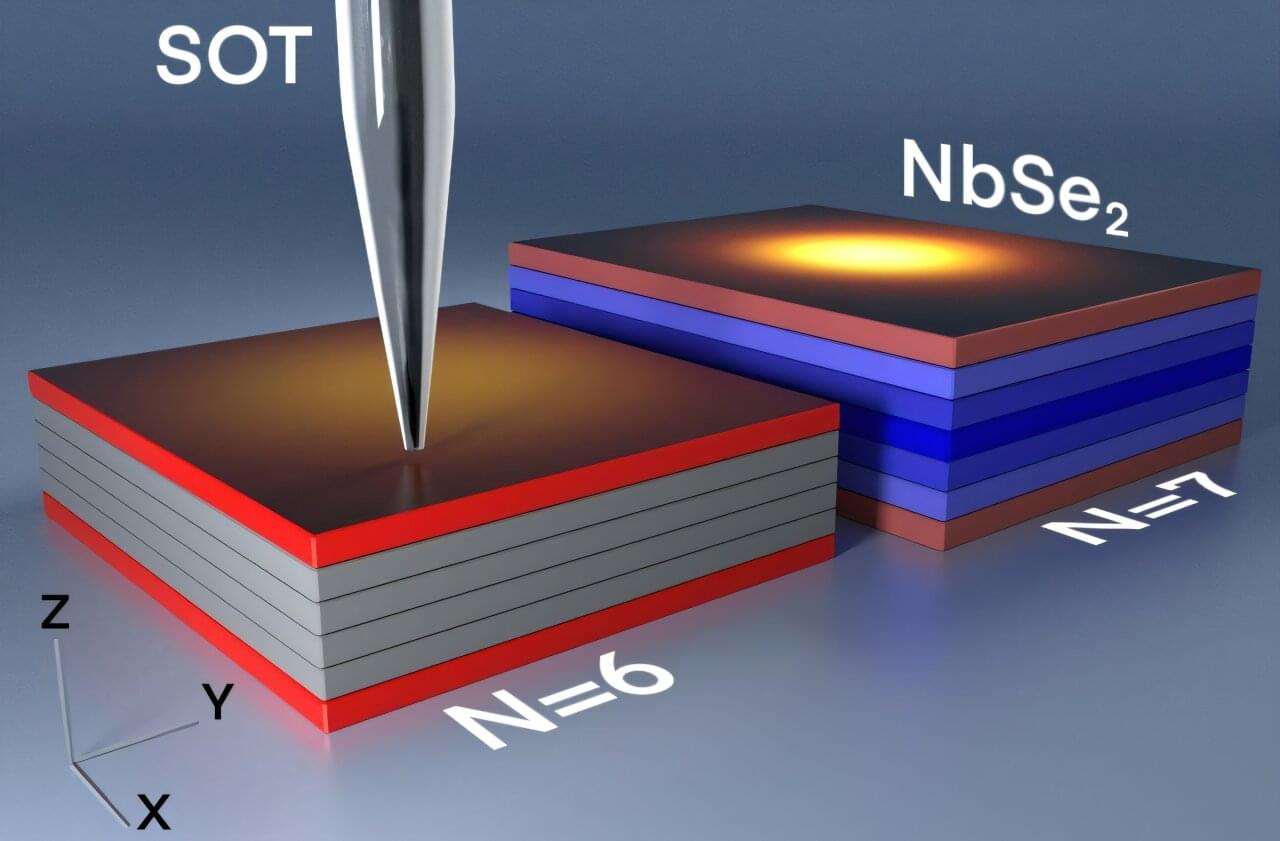Researchers have discovered an unexpected superconducting transition in extremely thin films of niobium diselenide (NbSe2). Publishing in Nature Communications, they found that when these films become thinner than six atomic layers, superconductivity no longer spreads evenly throughout the material, but instead becomes confined to its surface.
This discovery challenges previous assumptions and could have important implications for understanding superconductivity and developing advanced quantum technologies.
Researchers at the Hebrew University of Jerusalem have made a surprising discovery about how superconductivity behaves in extremely thin materials. Superconductors are materials that allow electric current to flow without resistance, which makes them incredibly valuable for technology. Usually, the properties of superconductors change predictably when the materials become thinner; however, this study found something unexpected.
